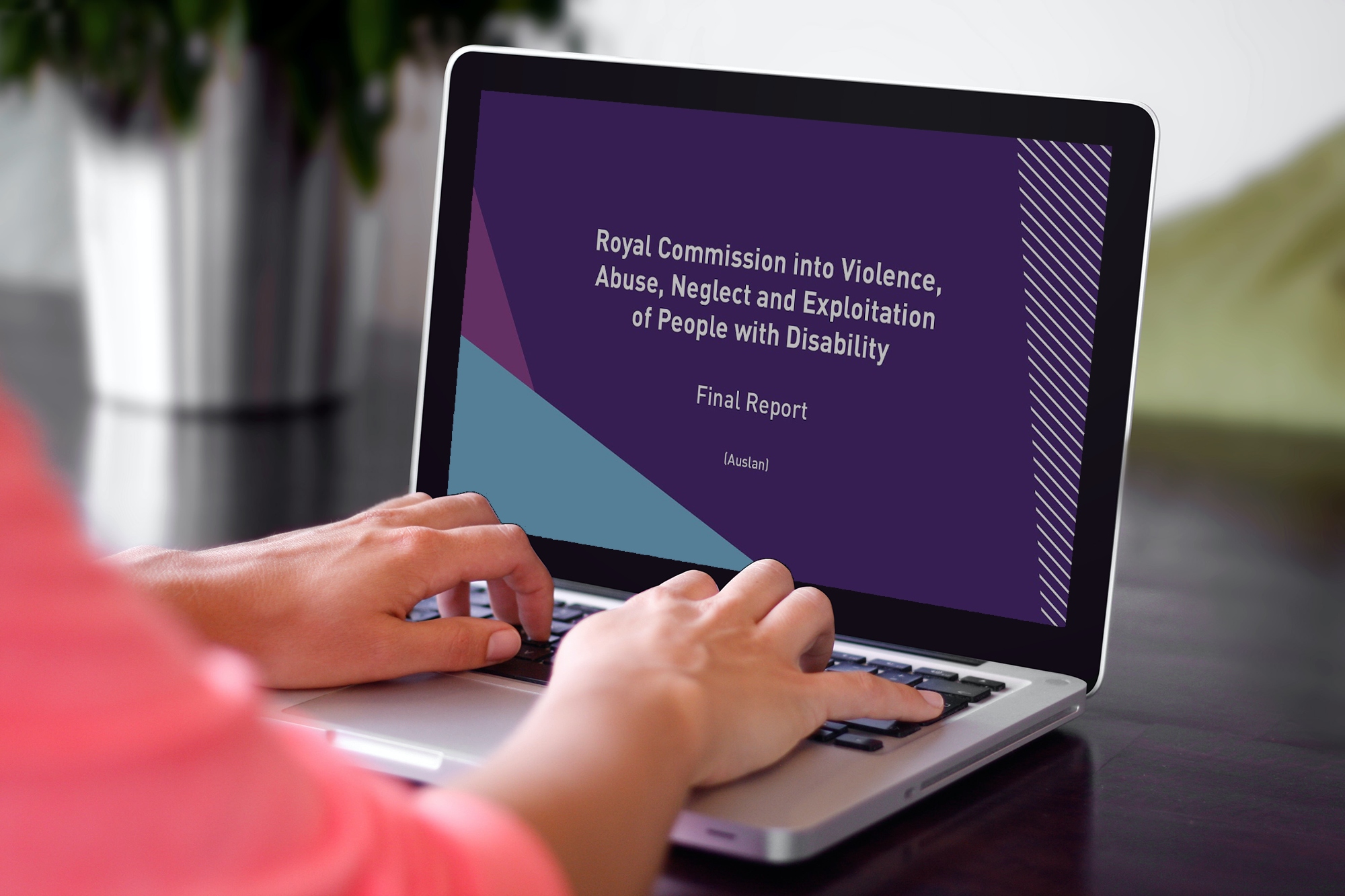The Final Report from the Royal Commission into Violence, Abuse, Neglect and Exploitation of People with Disability (DRC) acknowledged the very important role that support coordination plays for participants, particularly those who are at risk. Support coordination is essential to ensuring that participants can exercise proper choice and control over their life and the supports they receive.
However, the DRC did raise some concerns about the current responsibilities of support coordinators, the conflict of interest risks, and the quality and consistency of the services being provided.
Roles and responsibilities of a support coordinator
The DRC reiterated the role of support coordination supports being to assist NDIS participants in connecting with other funded supports. Support coordinators are also expected to build participant capacity and capability to understand plans, navigate the NDIS and exercise choice and control. The DRC added that support coordination services are required to broker arrangements between participants and providers in line with the participant’s wishes and budget and ensure that the participant is receiving services which represent value.
Under the current NDIS Rules, support coordinators are required to ‘act with integrity, honesty and transparency’, as laid out in the Code of Conduct. The National Disability Insurance Agency (NDIA) further clarified this requirement, stating that to comply with the Code of Conduct’s requirements, support coordinators must:
- recommend and provide supports and services appropriate to the needs of the participant;
- maintain integrity by declaring and avoiding any real or perceived conflicts of interest; and
- avoid engaging in, participating in, or promoting sharp practices.
Conflict of interest
Conflict of interest in relation to support coordination was identified as an issue in the Tune Review, the NDIS Review and now the Royal Commission. The DRC agreed with the NDIA’s position that it is not appropriate for providers to deliver coordination services as well as regular supports to the same participant. Recommendation 10.2 suggests that the NDIS Rules be changed to make it clear that support coordination and other funded supports should be delivered by separate providers. Recommendation 10.2 acknowledges that in some cases the separation of support coordination from other funded supports is not possible, and recommended there be some limited exceptions where it is acceptable for the one provider to be providing both support coordination and supports, such as in rural or culturally and linguistically diverse communities.
Quality of support coordination
The DRC’s investigation of support coordination providers found considerable variation in quality between individual support coordinators. Common complaints from DRC hearings included:
- lack of accountability,
- little or no contact with participants, and
- a lack of understanding about the services available to participants.
Recommendation 10.4 suggested that the NDIS Quality and Safeguards Commission should examine the quality of support coordination services.
The DRC raised concerns for participants, particularly those who are at risk of violence, abuse, neglect and exploitation if their support coordinators are not at a quality consistent with the expectations of the NDIA or the Commission.
The DRC discussed the need for better training and monitoring for support coordinators, including the addition of new modules to the Workforce Capability Framework. This was reinforced in Volume 8 of the DRC’s Final Report, which went into detail about the need for better training of support coordinators providing services to participants who are navigating the legal system.
Expansion of support coordination funding
The DRC recommended that more funding for support coordination in participant plans is needed to address risks and ensure participants receive adequate supports. The Final Report called on the NDIA to ensure that all participants who are identified as being at higher risk of violence, abuse, neglect or exploitation, particularly those in supported accommodation, receive funding to access support coordination services.
How BNG can help
We have several templates which may be helpful in the delivery of high quality and transparent support coordination, including:
- Policy: Support Coordination and Plan Management;
- Policy: Conflict of Interest;
- Template: Conflict of Interest Register; and
- Template: NDIS Service Agreement.
Help with support coordination?
To see our support coordination resources, and hundreds more, take out a trial!


